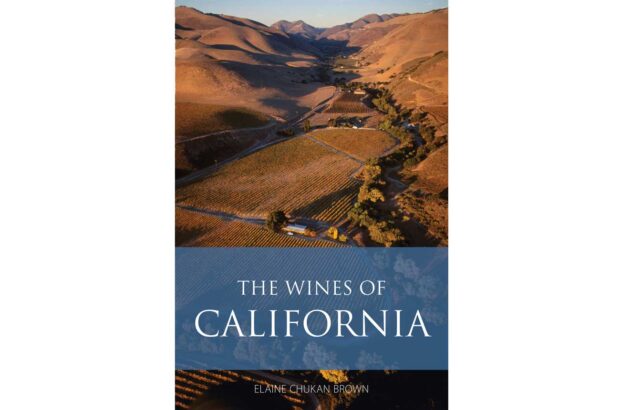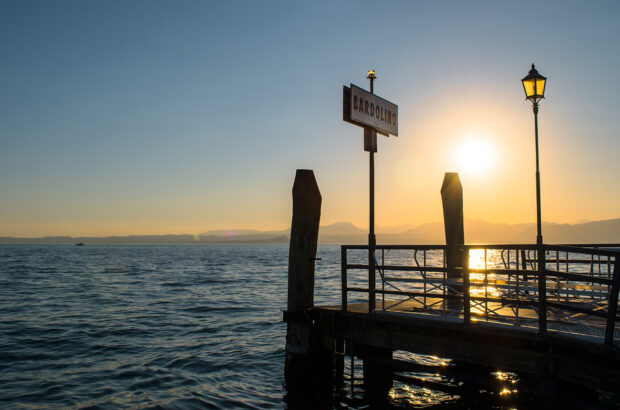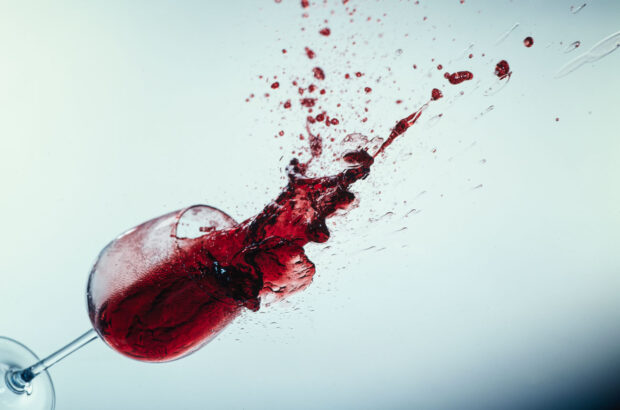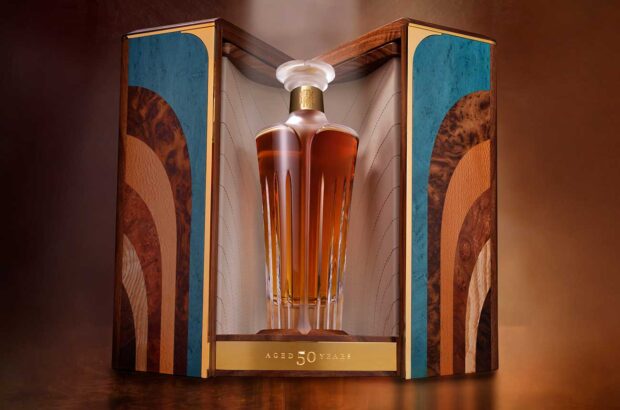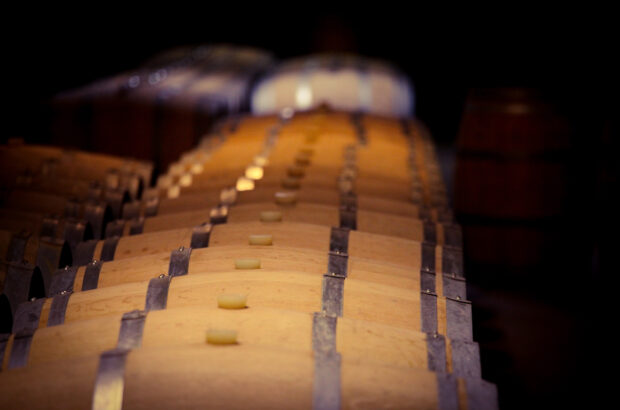The wine exchange Uvine is in the hands of administrators with debts believed to be in the region of £2m.
The universal fine wine exchange went into administration on Tuesday (26 September), leaving some 50-60 customers unsure as to whether they will be paid money owed them.
For some time Uvine has had a reputation as a slow payer. Two creditors have contacted decanter.com. One said he had been owed £36,000 since last December, the other £1700.
‘We have still not been paid for the wine despite several promises,’ the first creditor said, ‘We have been in contact with Uvine countless times.’
The creditor – who does not want to be named – went to the length of writing to Daily Telegraph journalist Jonathan Ray earlier this month to ask if he could help put him in touch with other creditors.
In the past, Uvine has had a five county court judgments for non-payment against it. The two most recent were at Bournemouth in May 2005 for £2734, and Colchester in March of the same year for £15,995. All appear to have been paid.
The insolvency practitioner Graham Wolloff of Elwell Watchorn & Saxton LLP, is hoping sell the business as a going concern. It will be advertised in the Financial Times.
Uvine’s latest accounts – to 31 December 2005 – indicated the company was in trouble with losses of £496,126 and net liabilities of £2.43m.
Uvine’s auditors gave a qualified opinion as to whether the company is viable. They said they had ‘not obtained all the information and explanations we considered necessary for the purpose of our audit’ and had been ‘unable to determine whether proper accounting records have been maintained’.
Uvine was judged to be a going concern providing there was ‘continuing availability of financial support from the shareholders and other parties’.
Christopher Burr MW, Uvine’s chairman, told decanter.com he had called in the insolvency practitioner three weeks ago ‘to save the business.
‘We decided on Tuesday that we had to go into administration as it wasn’t possible for the directors to continue to support the business. We are hoping to sell it as a going concern and it is very likely that the directors’ loans will be written off.’ It is believed that this will reduce the debt to around £1m.
The company was founded in November 1999, ‘in the midst of the dotcom boom,’ Burr said. He added that the system was ‘hugely complex’ and expensive to maintain, and was never profitable.
‘The idea and model is sound but it was set up far too expensively. The system uses the same model as internet spread betting and is designed to handle £50m of trade a week,’ he said.
‘Although I cut costs when I took over as chairman, the company was never profitable.’
Uvine stores its wine at warehouse London City Bond, where it has one account for its own wine and one for its clients’ reserves, and at Octavian in Wiltshire.
Burr said that this stock should be reclaimed by those who own it, but said that those for whom Uvine has sold wine may not be able to reclaim money. He said there were some 50-60 creditors.
55-year-old Burr was declared personally bankrupt on 29th June 2006 at
Bedford County Court and his resignation as a director of uvine was received
by Companies House on 19th September.
London City Bond, which is owed storage charges, said it is hoping to reach ‘an amicable agreement’ with clients to pay outstanding charges – ‘a few pounds per case’, a spokesman said – and to set up new accounts for them.
Written by Jim Budd


